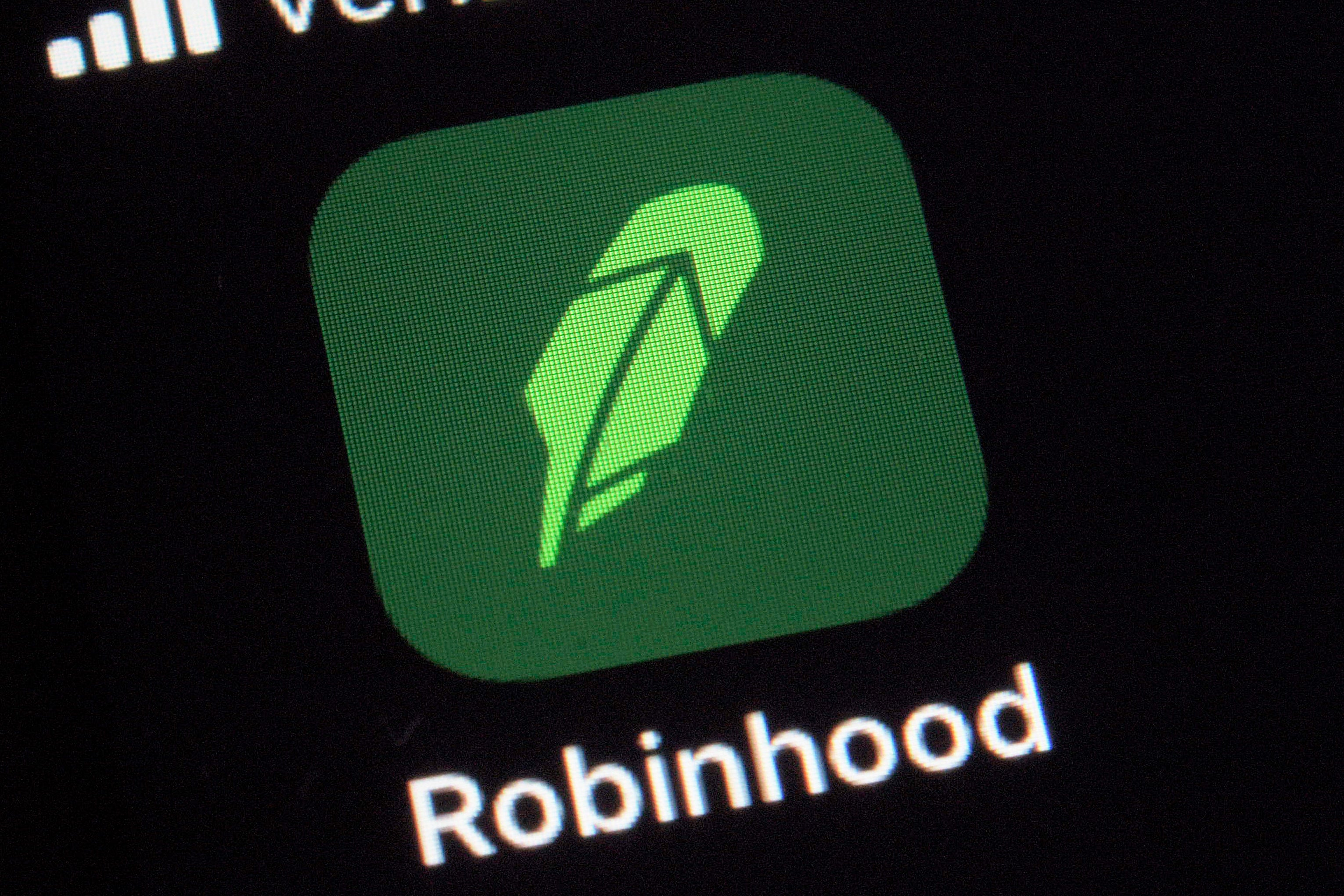Robinhood is making the wrong kind of people money — that’s the real problem with its IPO filing
The broker that wants to ‘democratize finance’ gets all its money from a hedge fund and a crypto pump

It’s almost tempting to take seriously the initial public offering of Robinhood Markets Inc., the mobile-phone trading firm that filed to sell its own shares to the public on Thursday. By the numbers, it’s the right time: Robinhood is growing super-fast, with revenues tripling last year; it has just turned profitable; and its earnings before taxes and non-cash charges hit a healthy $155 million in 2020. I’ve covered IPOs for 20 years, and the inflection into profitability is usually the point that best balances risk and reward for public investors in new companies.
But then you read the prospectus, in light of the Menlo Park, California-based company’s years of blather about how it is ”democratizing finance,” and any temptation to take it seriously pretty much vanishes. Its prospects for growing fast enough to reward people who buy the IPO still exist, but they get dodgier as you think about it.
The problem with Robinhood is that its actual business model is about subsidizing commission-free trading by accepting payment from bigger companies who want to fill its customers’ orders, in a system called payment for order flow. Basically this means Robinhood sells clients’ orders to hedge funds — 34 percent of revenue comes from Chicago-based Citadel Securities alone — who buy shares on the open market and then mark them up to sell to Robinhood’s retail customers.
To be fair, Robinhood didn’t invent the markets’ spread between “bid” and “ask” prices that Citadel Securities and others are exploiting, and the spreads are usually small, at least in stocks. But it’s still a transfer of wealth from small investors to big ones that’s big enough that Citadel Securities paid about $240 million for it last year. Overall, Robinhood’s fixed slice of spreads between bid and ask prices produced 81 percent of its first-quarter revenue.
In the 10 pages of pictures of small investors that led off Robinhood’s filing, all of them rhapsodize about how that nice Robinhood is helping them out of the goodness of its collective heart. $5 says not one of them could explain payment for order flow. And none of them probably know that the “small fry” benefiting the most from Robinhood is Citadel chief Ken Griffin — Donald Trump donor, owner of the biggest real estate portfolio in Palm Beach, and a man whose $16.1 billion net worth has risen by $3.3 billion since late 2019, according to Forbes.
Payment for order flow is a dodgy enough practice that Congress is on the case. Robinhood CEO Vlad Tenev was called before a House committee in March to be grilled about whether the relationship with Citadel Securities and others led to a suspension in Robinhood’s handling of orders for stock of Gamestop. The Securities and Exchange Commission tightened disclosure rules even under Trump, and will be more active generally under the new administration. Maybe not much will change, but maybe something will.
That’s before you get to the fact that 17 percent of revenue is coming from facilitating trades of cryptocurrency, the fastest growing part of which is dogecoin, “money” that Tesla CEO Elon Musk spent some time pumping on Twitter because he thought its name and logo were amusing.
Let’s just say that if your mission is to educate small investors so they can trade with the big boys without getting hustled, and they respond by piling into dogecoin, a currency initially created as a joke, you might not be getting the job done. After all, dogecoin is down nearly two-thirds from its May peak even though trading it generated more than 5 percent of Robinhood’s first-quarter revenue. And even bitcoin, the closest thing to a respectable cryptocurrency, is off 49 percent in the last three months.
The unkindest thing to say about Robinhood, in the view of its intended audience, is that boomers had its basic idea 20 years ago, and we called it eTrade. Twenty years before that, our folks called it Charles Schwab. Robinhood’s claimed innovation is that it has moved the game to cellphones from personal computers, but the basic idea of exploiting trading deregulation to lower commissions and supposedly level Wall Street’s playing field is so old that it actually dates back to Joe Biden’s first year in the Senate in 1975.
So if you lose your shirt trading doge on Robinhood, say, “Thanks, boomer,” just like you say all the time on the Twitter.
That said, eTrade turned out OK, though you had to ride out a long spell of badness after the dot-com bust of 2000, when its stock, to borrow a phrase from the Trump impeachment hearings, went through some things. It sold to Morgan Stanley last year for $13 billion.
So maybe you’ll make some money on Robinhood, and maybe you’ll go through some things in the crypto bust that logic insists is coming. You can make the case that it’s a nice little company. But you can’t make much of a case that it is changing the world for the better. And that is what startups that last must do.
Join our commenting forum
Join thought-provoking conversations, follow other Independent readers and see their replies
Comments
Bookmark popover
Removed from bookmarks